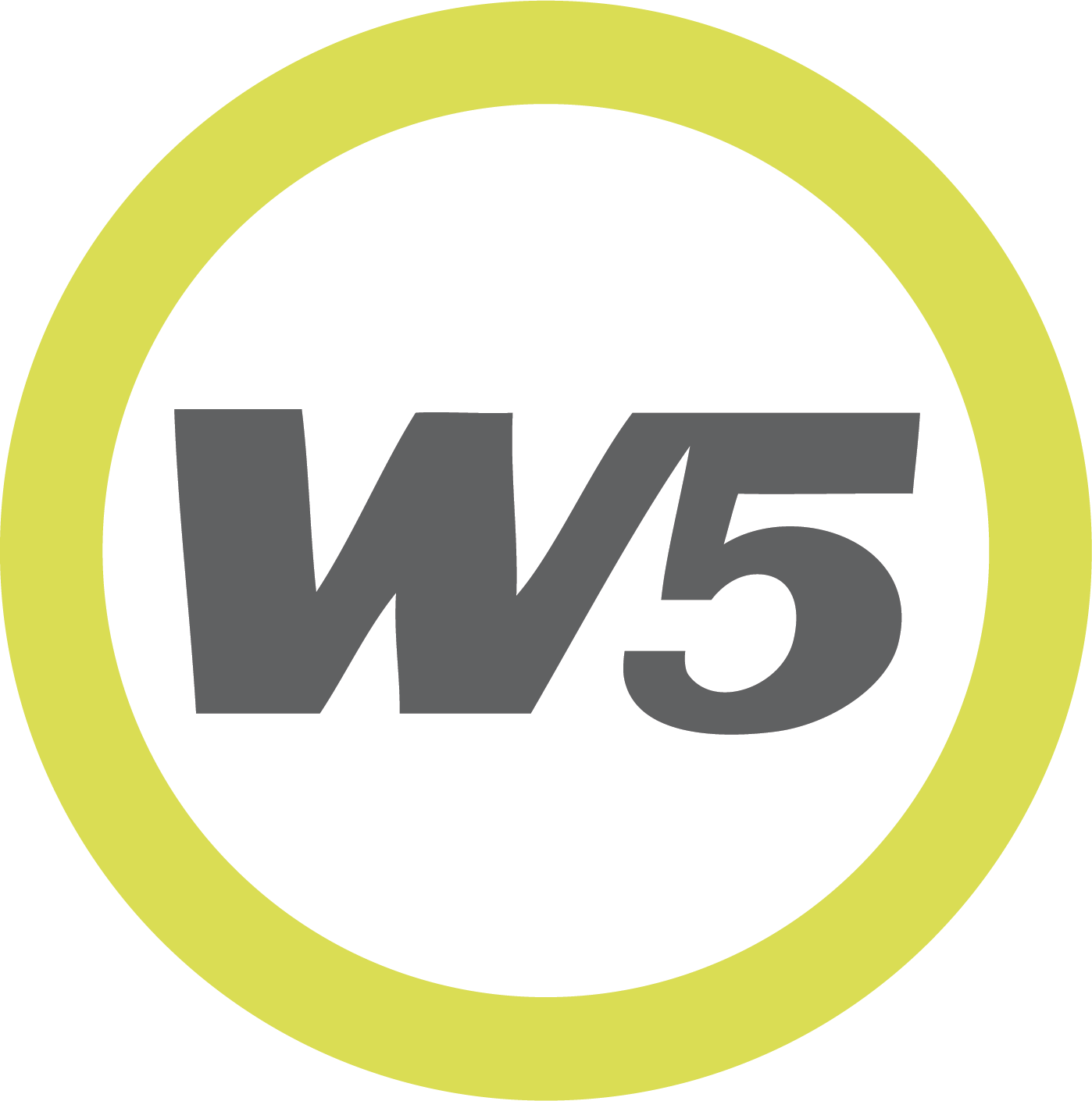Exploring Cultural Landscapes: A Guide to Diverse Ethnographic Research Methods
One way to deeply understand your customer's lived experiences is through Ethnographic Research. This methodology involves observing and interacting with real people in their natural environment to gain insight into their behaviors, beliefs, values, and needs.
Working with W5 also includes direct access to our team of in-house trained anthropologists and ethnographers, guaranteeing an even more specialized approach to research creation and collaboration.
By combining the skills of an experienced ethnographer with the objectives of this highly nuanced style of research, you gain a comprehensive understanding of consumer behavior, preferences, and the cultural context in which products or services will be used. It's like adding a cultural lens to your market research toolkit!
While there is a myriad of ethnographic approaches, here are a few of our favorite at W5:
Observational Ethnography: Researchers immerse themselves in the daily lives of the target audience, actively participating in their activities to gain a firsthand understanding of behaviors, rituals, and cultural nuances.
In-Context Interviews: Conducting one-on-one interviews in natural settings allows researchers to explore individual perspectives, motivations, and experiences in more depth.
Shop-Alongs: Exploring what’s happening at retail where consumer insights unfold aisle by aisle, revealing the stories behind purchasing decisions.
Cultural Probes: Providing participants with tools (such as cameras or diaries) to document their daily experiences, thoughts, and feelings can offer insights into their lives over an extended period.
Netnography: Adapting ethnographic methods to the online environment, netnography involves studying online communities, forums, and social media platforms to understand digital consumer behavior.
Shadowing: Researchers follow individuals throughout their daily routines, observing and documenting their actions, decision-making processes, and interactions with products or services.
Contextual Inquiry: Combining observation with in-depth interviews, contextual inquiry involves studying participants in their natural environments while also engaging in conversation to gain insights into their needs and preferences.
Diary Studies: Participants keep diaries or journals to record their thoughts, experiences, and interactions over time, providing a longitudinal perspective on consumer behavior.
Interested in seeing more content on Ethnographic Research? Check out the following W5 resources:

